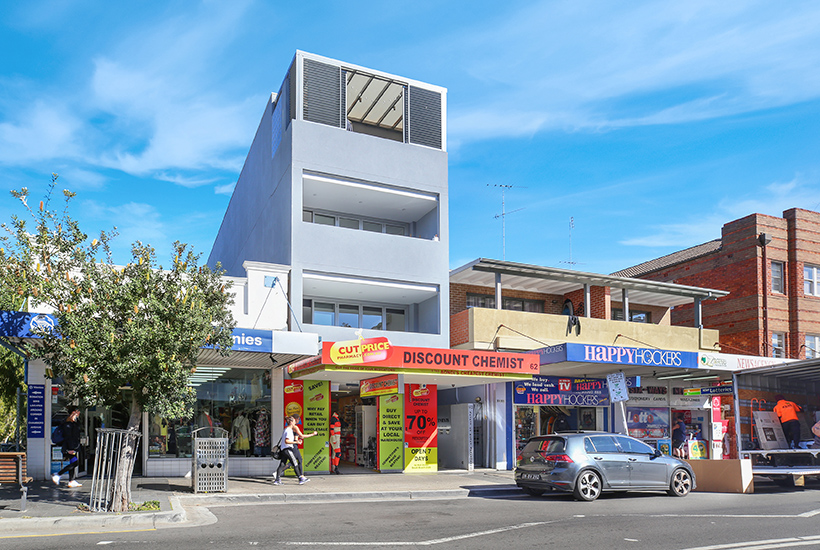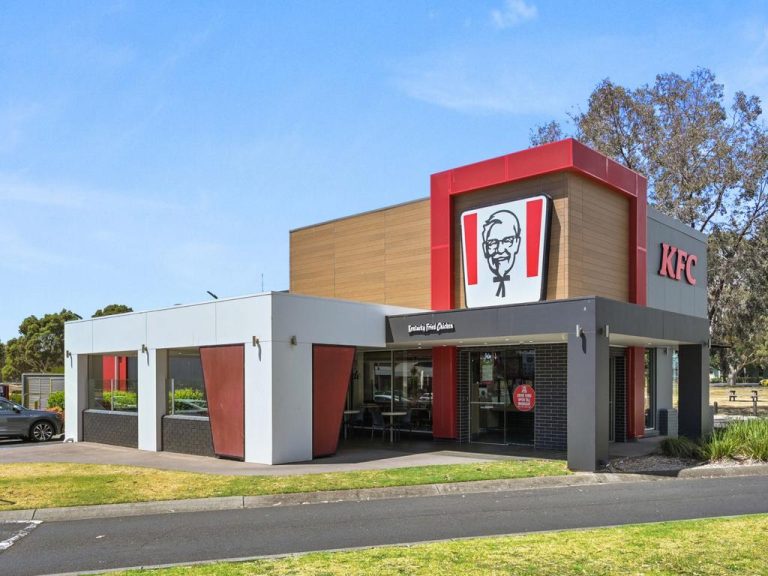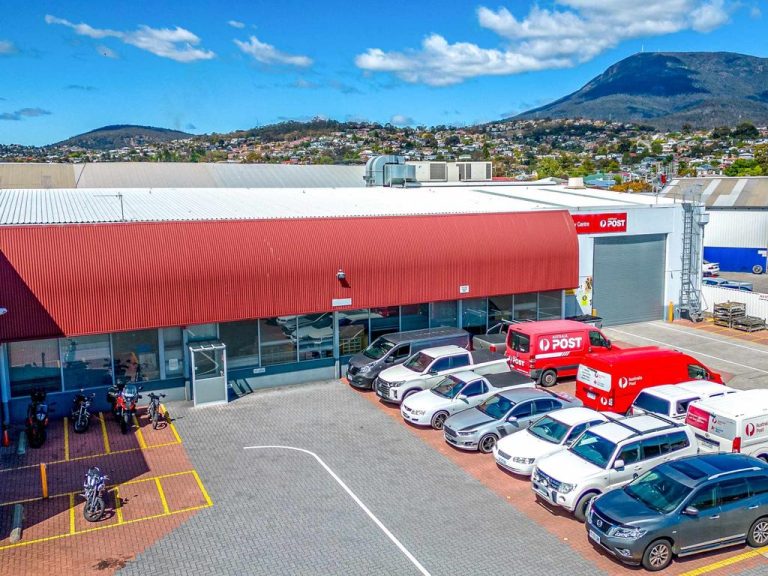Buying a mixed-use commercial property

There are many things to consider when purchasing or developing a mixed-use property.
From the types of uses allowed within the property to the location and tenancy mix, finding the right mixed-use property requires careful investigation.
Read more:
Commercial Property Investment Loans
Commercial Property Loans
Small business Loans
Business Loans
WHAT IS A MIXED-USE PROPERTY?
Mixed-use properties are commercial properties that have more than one property type within the same building or site.
Most commonly, they include residential apartments on the upper levels with commercial or retail spaces on the ground level, while many also comprise retail premises at the ground level and offices above.
Other mixed-use assets include medical tenancies, childcare and hotel accommodation.
ADVANTAGES OF MIXED-USE
The main advantage of mixed-use properties is that they diversify your risk, meaning that if one part of the property is vacant or not performing, other parts will still be providing income and value.
Knight Frank associate director Tom Ryan says if investors also choose to occupy a part of their mixed-use property, it can present tax savings.
“With mixed-use property one of the benefits is that you could buy the property and live in it and work from it, so then it becomes a business deduction,” Ryan says,
“Or you could buy it as an investment and you might live upstairs and rent downstairs.”
CONSIDERATIONS FOR MIXED-USE
Before buying a mixed-use property, it is worth weighing a number of factors to determine if it is the right investment or development strategy for you.
Firstly you need to understand your borrowing capacity, which will likely be very different from your capacity when purchasing a residential property, according to Senior Director at CBRE NSW, Nick Heaton.
“It’s not like buying a residential apartment where your loan to value ratio is going to be circa 80-90% as an investment, which means you require more equity to buy that (mixed-use) property.
Ryan also points out that it’s important to research the zoning that applies to your building or site, to ensure it is permitted for the uses you wish to have there.

Developers often focus on residential as part of their mixed-use project. Picture: Mark Merton
WHAT’S THE BEST MIX?
The best mix of uses within a mixed-use property will depend on where the property is located and the demand for specific services within that community.
For example, if the property is in a suburban area, residential apartments with a ground level cafe space may be the best use, as the community may not be well serviced for eateries. In the CBD, meanwhile, offices may better use for a large proportion
Depending on where it is, developers will want to have a maximum of residential and if it’s in a good area with lots of amenity, they will have retail and probably a minimum of commercial, but that will change depending on each area.
Ray White Commercial principal Jeff Moxham says that as a general rule, maximising the residential component of a mixed-use property is often preferable.
“Depending on where it is, developers will want to have a maximum of residential and if it’s in a good area with lots of amenity, they will have retail and probably a minimum of commercial,” Moxham says.
Ryan says residential is generally more popular as it is considered less risky.
“Residential generally has a much lower vacancy rate so your building would be empty for a shorter period if you did have a vacancy, whereas commercial buildings can be empty for a long period of time, and that’s just subject to supply and demand,” he says.
“But that will change depending on each area.”
TIPS FOR BUYING MIXED-USE PROPERTY
-
Location is king
Prime locations are almost always the number one consideration when it comes to purchasing or developing a property, and it’s no different for mixed-use. What constitutes a good location may vary depending on the uses included/allowed with the property, and what the needs of the surrounding community are.
-
Consider the lease covenant
The ongoing value of your mixed-use asset will be affected dramatically by the quality of the tenant and lease covenant in place. And that’s never been more true than in the current COVID-19 environment, where some businesses are being heavily impacted. The best properties will have a long-term leases in place to tenants that are well-positioned to continue operating and performing during the coronavirus.
-
Search for value
Finding a mixed-use property that represents good value is a matter of researching your market until you have a good understanding of the fundamental that will constitute a good deal in your area. “Where do you see value compared to the asking price?” Heaton says. “You need to do your homework and if you get your location right, your covenant right and your research right, every property can be a good deal.”







